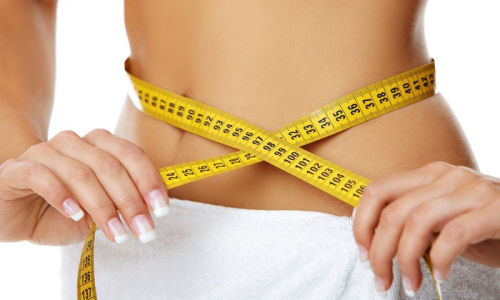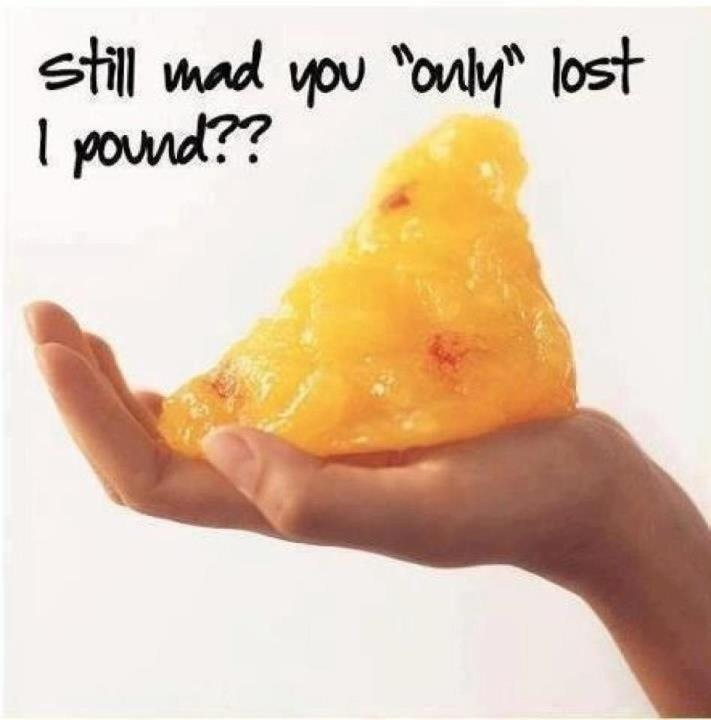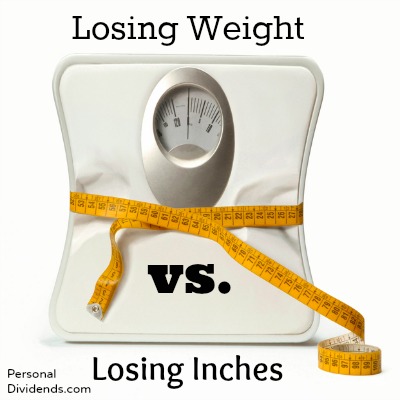Weight scales are out, inches are in! Why you should measure your weight loss goals by your size and not your weight.

Lose 20 pounds in a week! Is this another familiar headline that just sounds too good to be true? Well, that’s because it is. Obviously, marketing and sales experts who are concerned with selling another fad will try to convince you otherwise. How many times have you seen people bragging in advertisements or through social media about losing 10 pounds ‘last week’. While it’s quite possible to lose a lot of water in the first few days of a new diet, it is certainly not possible to lose that much fat. Especially if you limit your carbohydrate intake you will observe instant weight loss due to the fact that carbohydrates normally retain water in your system. This, however, is not a good way of measuring your fat loss and overall progress.
Another, even more worrying reason for weight loss may be that you may have lost lean muscle mass! This will slow down your metabolism and actually stall any further progress. One way to ensure that you don’t lose precious muscle is to consume enough calories and not starve yourself.
So, more to the point, what is the best way to monitor your progress? First of all, you and those around you will see the changes in your body. Secondly, you will see your clothes fall right off you. This is where inches come in.

Measuring yourself can give you an idea on where you have lost and how much, but not necessarily if it was fat or muscle. In the ideal setting you would measure your body composition as well (body fat, muscle and water). You can purchase special equipment that will measure these parameters for you. However, measuring inches alone will be a better indicator on losing fat than the scales. Why? 1 pound of muscle is significantly smaller than 1 pound of fat. However on the scale they may appear the same. It’s quite obvious when you think about it. For example, would you compare a 250 pound bodybuilder with 5% body fat to an obese 250 pound individual? Exactly. Their measurements would differ significantly. When you lose fat, you drop volume rather than just weight.

Obsessively weighing yourself day in and day out may discourage or confuse you since your water weight will always fluctuate. On the other hand, if you do lose a lot on the scale this may motivate you to continue losing weight through a fad and you will simply continue losing muscle mass just to drop the pounds, and you may not even realize.
Even though monitoring body fat is the most accurate system, simply measuring yourself will help you assess if you have lost fat and hopefully it will enable you to become fit rather than skinny-fat.
Bottom line: Measure your fitness goal success by how you feel in your clothes and your confidence level, and throw those scales in the trash!




